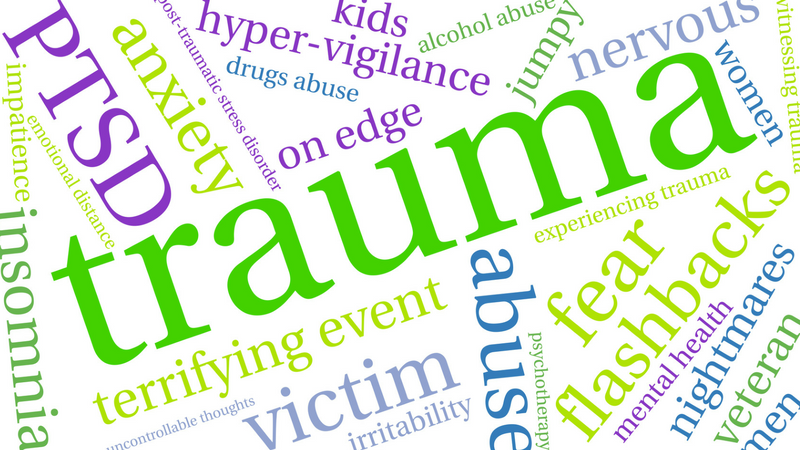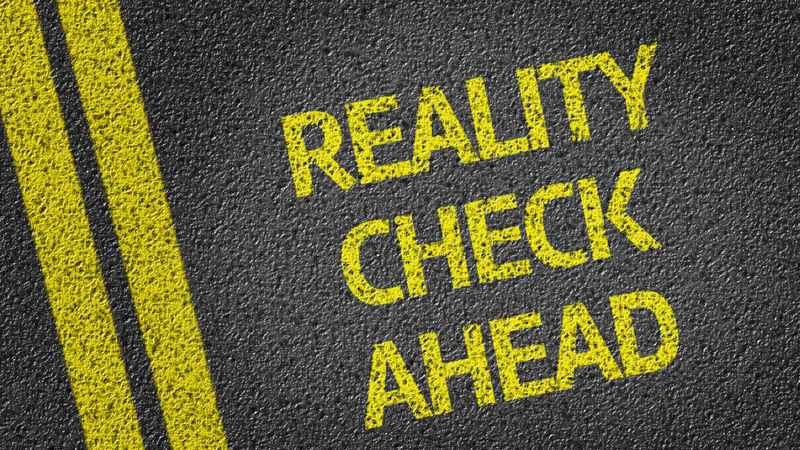James Prescott Talks About Triggers
We are delighted to welcome James Prescott as a guest here at Wounded Birds Ministry! Here’s what he has to say about sharing on the very important topic of triggers:
Hi, I’m James Prescott and I’ve had to learn quite a bit about triggers.
The word ‘triggers’ has become a bit of a jargon word in talking about our emotional health recently. And, like any jargon word, the term has become misunderstood and overused.
When it comes to mental health, the word triggers is a serious word. A trigger is when an event, a comment, an action, something very specific to you and your story, does something in your brain which sets you on a downward spiral. It doesn’t just make you uncomfortable, but if you let it, it can overwhelm you and take over your day.
To explain, let me tell you a bit of my story:
As a teenager, I had a major trauma. My mum, a highly independent and intelligent woman, had lost her short-term memory in an asthma attack when I was 8 years old. As someone who was so independent, this limitation, which prevented her working, was soul destroying. She got frustrated with herself and her life, and eventually began drinking. She became an alcoholic. And my dad, carrying the family and redundant, was also emotionally drained.
So, most days during my teenage years, I would routinely get psychologically bullied at school, then come home to have to break up loud, often violent fights between my parents.
I never realised how damaging this was till later life. When you’re growing up with something like that, it’s easy to normalise it and make it less serious than it was. But it had a huge impact on me, at a very deep level. It’s only in the last two years I’ve begun to come to terms with my past, and walk through it again to get healing, give forgiveness, and be set free.
So let’s skip forward to currently have a job which involves me sitting in the same room as parents who have mistreated their children in some way, often in a quite disturbing way. I was in one of these ‘meetings’, and two parents started acting aggressively towards each other. Loud, physically intimidating. And one stormed towards where I was sitting and violently threw the phone front of me out of its socket and smashed a cup of tea all over the wall.
The meeting was stopped instantly.
I returned to my desk upstairs and didn’t say a work. I was in shock. I was frozen. I had no words. My head was empty. I had no idea how to react. I felt paralysed. I tried to type, follow my work habit, but then my head started to kick in.
I began having flashbacks to my childhood. Pictures, events, sounds, of those events of 20 years ago, as if they were happening right now. My body was physically present in the room, but my head, my soul, my heart, were totally elsewhere.
And once I recovered from the shock, over the next few days my emotions began to get very close to the surface. I noticed myself getting angry over little things, crazy silly things like losing a shirt or some shoes.
It was my inner child, that teenager, the 8-year-old James Prescott, all at once, screaming to be heard.
And this is how a trigger works.
Something in the event at work had triggered something in my brain, in my memories, the deep wounds in my psyche, the unheard screams of my inner child – and brought it all to the surface.
These emotions, fears, insecurities, wounds had all been triggered.
But over a few days I got a hold of it. And I remembered something I’d heard on a podcast from a neurologist once. That although we don’t get to choose when or how we get triggered, we get to choose how we respond to those triggers.
So it was possible for me to have this anger, pain, trauma, bubbling under the surface, to have all these thoughts racing through my head – but I had the power to choose how I reacted.
I’d already been learning a lot of this with my mindset coach over the previous year and had done some Cognitive Behavioural Therapy (CBT). So already had trained myself a little in this. But this kind of trigger was probably bigger and deeper than any other, and more shocking and surprising in it’s nature. So it took time for me to finally get a handle on it.
Eventually though, I did. I waited until a calm moment, and then disconnected myself from my emotions for a moment. I wrote down objectively how I felt, and why I felt it. I shared it with my mindset coach. The process of doing this was really helpful. Really healing. I talked about it with a specialist at work as well.
Just acknowledging my feelings, speaking the truth about my wounds, in a sense, telling my story, actually freed me from reacting so powerfully. The emotions dissipated.
And now, I have a strategy for when I am triggered. If something like this incident happened again, I’d know exactly what I needed to do to engage in a healthy way, and not allow it to control me.
I know I’m not the only one with triggers. We all have them, and they will be different for each of us. Only you, and maybe those closest to you, will know what triggers you.
And it’s totally OK. We’re all human. To be triggered like this is totally OK.
But remember you have the power to choose how you respond. You might not have a choice about being triggered – but you have the power to let it control you, or not.
Talk to a specialist. Find someone you trust to talk to about. Write it down. Do some research. And start training yourself and even visualising how you might respond in a healthy way when triggered.
You’re not alone on your journey, or in your experience. What triggers you is valid because it’s part of your story. But it doesn’t have to control you. There is hope. Freedom can be yours.
Triggers are part of our lives. But they don’t have to control them.
Can you relate to James’ experience? What’s one way you’ve learned to manage your triggers?
Looking for daily inspiration and community? Join our warm and supportive Facebook group!










